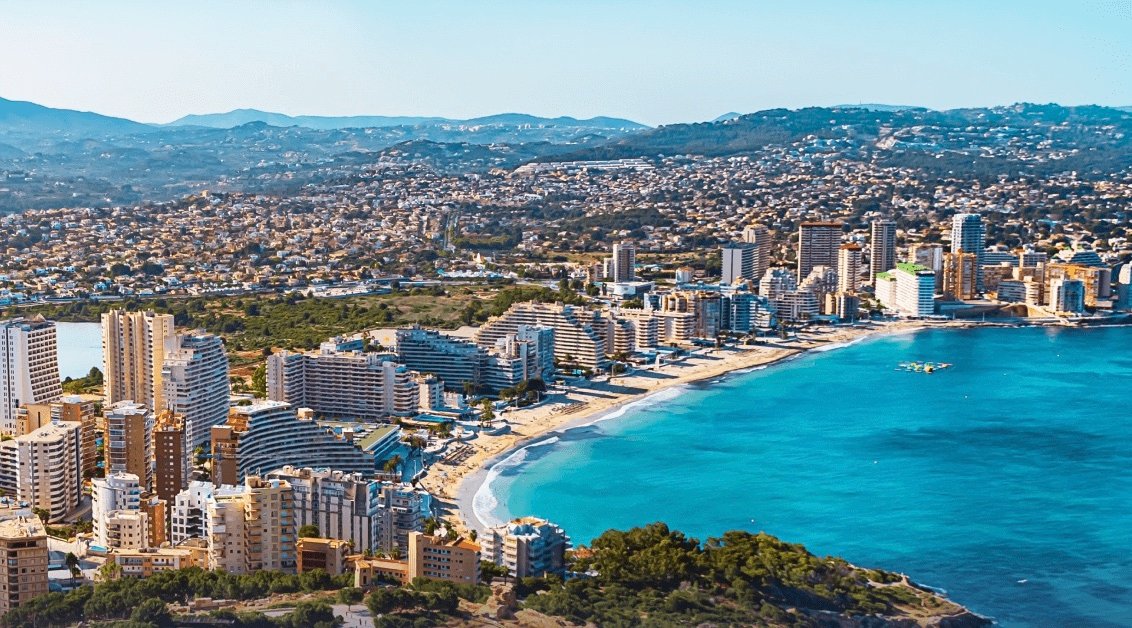Spain’s government, led by Prime Minister Pedro Sánchez, is proposing bold measures to address the country’s housing crisis, including a potential 100% tax on property purchases by non-European Union residents. The plan aims to tackle rising housing costs and rents, particularly in cities like Barcelona and Madrid, where affordability issues have worsened due to stagnant incomes and skyrocketing real estate prices.
Key aspects of the proposal include:
- Taxing Non-EU Buyers: Non-European residents purchased 27,000 properties in Spain in 2023, often for investment rather than residency. The proposed tax aims to deter this trend.
- Public Housing Initiatives: Spain plans to build more public housing, allocating 2 million square meters of residential land to a newly created housing agency.
- Short-Term Rental Restrictions: Higher taxes on holiday rentals and stricter regulations, including Barcelona’s commitment to eliminating tourist-focused short-term rentals.
- Support for Affordable Housing: Tax breaks and protections for landlords offering affordable housing.
Mass tourism, a major economic driver, exacerbates housing issues, particularly in popular destinations like the Canary and Balearic Islands. Tensions have risen over the impact of short-term rentals on local residents, with protests calling for action.
While Sánchez’s plan reflects his government’s commitment to housing as a constitutional right, its passage in parliament remains uncertain. The proposal underscores the importance of addressing voter discontent over the cost of living and maintaining the left-wing coalition’s political momentum.






0 Comments